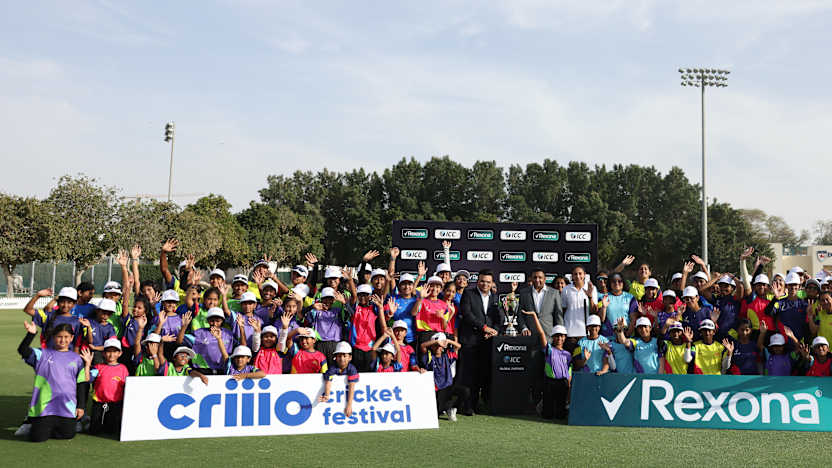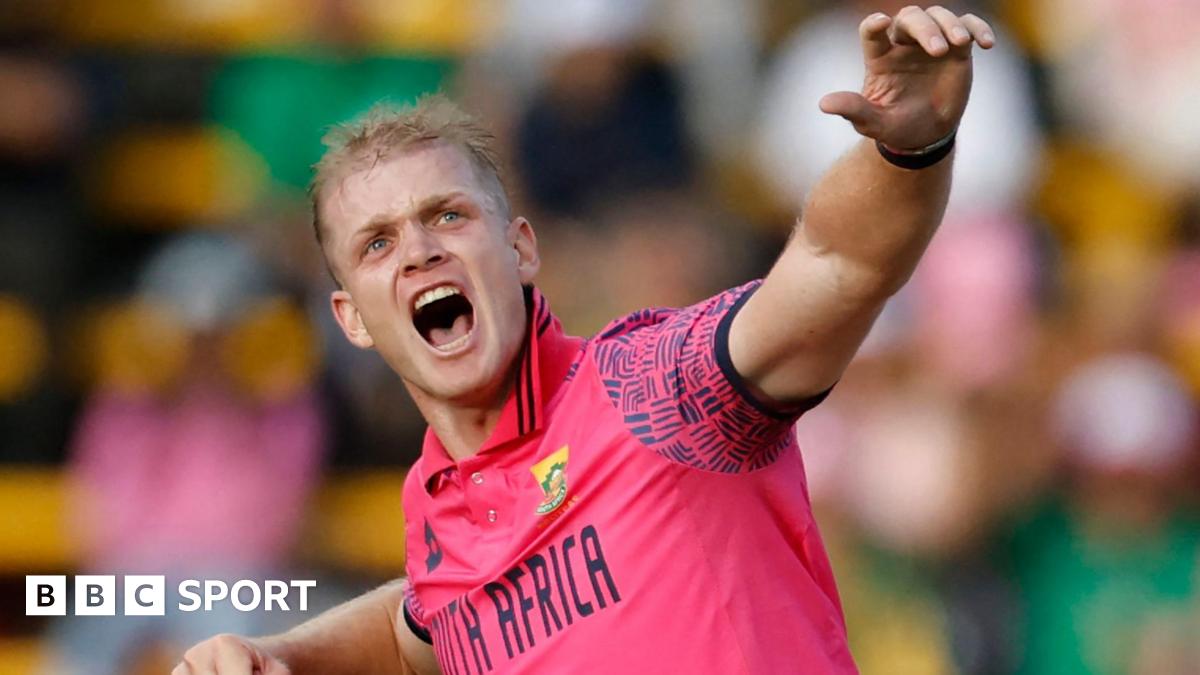Women’s cricket shake-up as franchise leagues get protected windows

For years, men’s cricket has been spiralling out of control. There are franchise leagues in almost every cricket-playing country, as well as in some which are not traditionally associated with the game.
Everyone wants a piece of the overseas investment and sponsorship that often comes alongside a tournament, but aside from the Indian Premier League which has cultivated its own window, there is no formal structure.
There are so many leagues vying for top players that it is possible for a men’s cricketer to play a few matches in one competition, then travel to a different continent for another. Instead of players being drafted for entire tournaments, huge fees can be commanded for just a handful of matches, or in some cases just a single game.
The rise of women’s franchise cricket has been significantly more stunted. The Women’s Big Bash might have held its inaugural competition in 2015-16, but it was not until 2021 that The Hundred started, and the Women’s Premier League followed afterwards in 2023.
The global appetite for women’s cricket is far less than men’s, but the top players have become key commodities in the growth of the global game. India’s players are allowed to compete in the likes of the Hundred and the Big Bash, which their male counterparts are not allowed to, which adds to their profile and earning potential.
In the first edition of the WPL, the two top players were drafted for a fee of around £320,000, far more than the (so far) governing-body run WBBL and Hundred could offer.
Conversations that have dominated the men’s game over fixtures and the risk of player burnout, injuries and welfare have begun to make their way into the women’s. Players are taking part in more fixtures than ever before with the growth of the global game and if it was allowed to continue to grow unregulated there is a fear it could become an echo of the situation in the men’s.
By carving out clear-cut windows for the three major (and so far only) franchise tournaments, the International Cricket Council has taken a crucial stand against the ever-growing beast of franchise cricket.
However, for countries who have not yet established a women’s competition, there is no Women’s Pakistan Super League, or South Africa 20 for example, there is increasingly little room to do so and still attract the top players, which could harm the growth of the game in countries who have not yet embraced it.
Related
‘Listen from one ear, ignore from the other’: Former India…
India's Rohit Sharma and Mohammed Shami (AP Photo) NEW DELHI: Former wicketkeeper-batter Syed Kirmani has expressed his opinion that experienced fast bowler Mo
India faces New Zealand in budding rivalry at Champions Trophy…
State AlabamaAlaskaArizonaArkansasCa
ICC and Unilever announce landmark partnership on International Women’s Day…
The two-year partnership, kicking off at this year’s Women’s Cricket World Cup in India and running until the end of 2027, marks the world cricket governing
IPL 2025: Mumbai Indians sign Corbin Bosch as replacement for…
Mumbai Indians have signed South Africa all-rounder Corbin Bosch as a replacement for his injured countryman Lizaad Williams for this year's Indian Premier Leag











